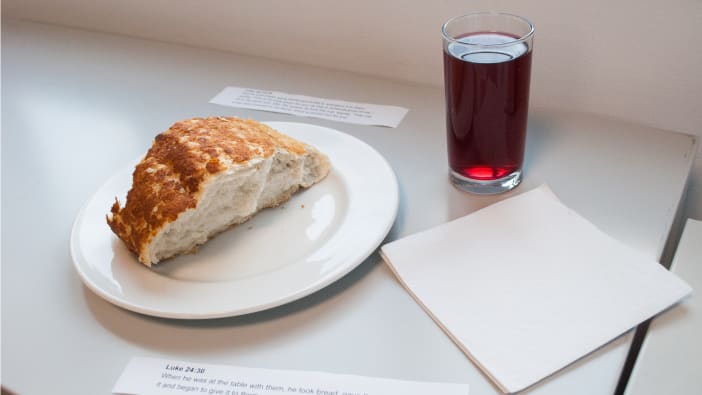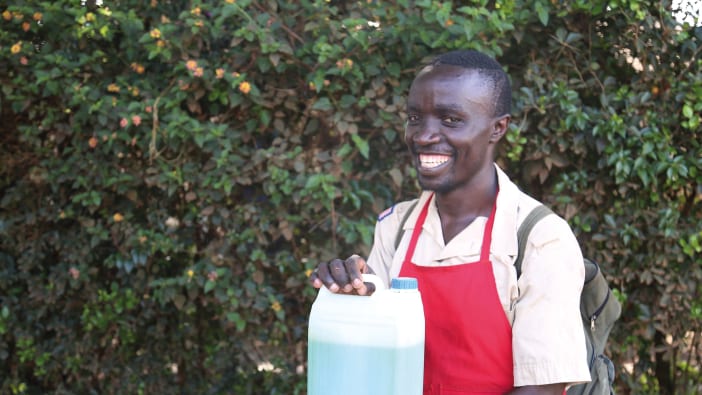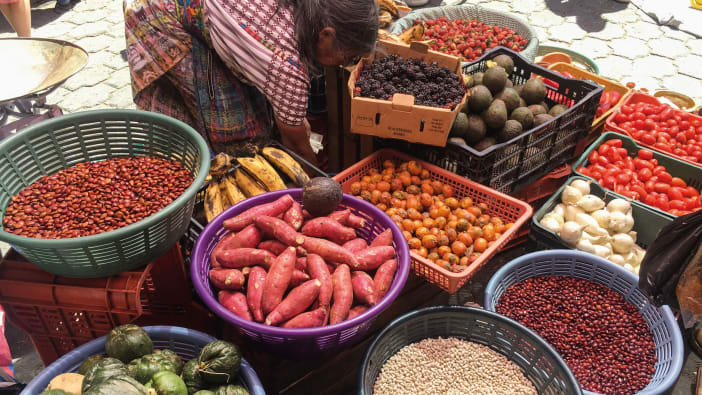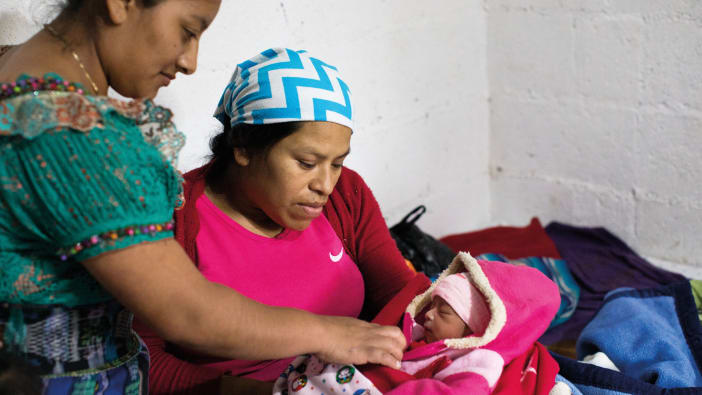by Dr Tom Crusz.
Years ago, smallpox was a dreaded disease which killed huge numbers of people all over the world. No treatment could be found. People who survived the disease did not catch smallpox again. They had become ‘immune’. Cows also suffered from a form of smallpox called cowpox. An English Doctor, Edward Jenner noticed that people who caught cowpox did not catch smallpox.
In 1796 he took liquid from a cowpox blister on the hand of Sarah Nelmes who had cowpox and scratched this liquid into the skin of eight year old James Phipps with a thorn. The boy had no reaction and never caught smallpox. This now famous experiment was the first vaccination. The word for vaccine comes from the Latin word for cowpox - in Jenner’s honour.
When we catch a disease, our body makes special proteins called antibodies during the illness. These antibodies help us to fight the disease so that we usually recover. If we have plenty of antibodies in our body, then we are unlikely to suffer from that disease again. People who recover from measles, whooping cough or chicken pox do not catch the disease again because they have plenty of antibodies - they are ‘immune’. However, with serious diseases, it may not be possible for the body to make enough antibodies quickly enough to fight off the disease. Then that person or child may die. When we are given a vaccine, a tiny amount of inactive or dead germs from that disease is put into our bodies. The vaccine will not give us the disease or make us ill, but it will stimulate our body to make antibodies against that germ. These antibodies will remain in our blood stream and protect us from the disease in the future.
With some live vaccines such as measles or BCG, a single dose is enough to give protection for life. With others such as polio and DPT (which are made from dead material) several doses are needed to give maximum protection for the rest of our lives.
After receiving the vaccine, it takes a few weeks for our bodies to build up plenty of antibodies. It is very important to follow the recommended programme for vaccinations. These programmes usually allow four weeks between vaccinations. Polio and DPT vaccines can be given safely to a baby on the same day and the baby’s body will produce antibodies for all these vaccines.
Now you understand the effect of vaccines, you will see why it is pointless to give measles vaccine once a child has got the disease.
It is essential that vaccines are kept at the correct temperatures. Damaged vaccines are useless. Children will not be protected from the disease if they are given useless vaccine. If there is any doubt at all - throw it away. It is better to wait a few weeks for more supplies than risk children’s lives - and damage people’s confidence in immunization.
Smallpox was eradicated more than ten years ago because of a successful world-wide mass vaccination programme. It is our duty to ensure that all children in our communities receive their vaccinations at the correct time. In this way, we can play our part in helping to eradicate more of these dangerous diseases.
Dr Tom Crusz comes from Sri Lanka and works for the NE Thames Regional Blood Transfusion Service.









